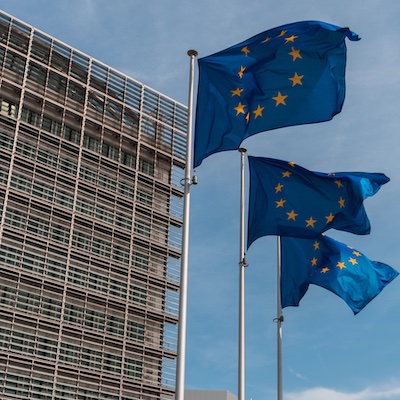Serbian-EU Business Relations

Serbia and the EU enjoy a robust trade relationship, with bilateral trade valued at around €50 billion in 2022. The EU is Serbia’s largest export market, accounting for over 50% of the country’s total exports. Serbia’s key exports to the EU include agricultural products, metals, and machinery. In return, Serbia imports a wide range of goods from the EU, including machinery, vehicles, and chemicals.
Serbia has also attracted significant investment from EU-based companies. In recent years, several major EU multinationals have established operations in Serbia, including German companies Bosch, Siemens, and Volkswagen. These investments have helped to boost Serbia’s economic growth and create employment opportunities.
Free Trade Agreement
Serbia and the EU have a long-standing free trade agreement, which was signed in 2009 and entered into force in 2010. The agreement eliminates tariffs on most goods traded between the two parties, which has helped to boost trade and investment links.
Accession Negotiations
Serbia formally applied for EU membership in 2009 and was granted candidate status in 2012. The EU-Serbia accession negotiations began in 2014 and are ongoing. So far, 22 out of 35 negotiation chapters have been opened. Progress on the negotiations has been slow, but both sides remain committed to concluding the accession process.
Benefits of EU Membership
EU membership would provide Serbia with several benefits, including:
- Access to the EU’s single market: This would allow Serbian businesses to trade freely with other EU member states without facing any tariffs or other barriers.
- Access to EU funding: Serbia would be eligible for access to EU funding for infrastructure projects, education, and other areas.
- Enhanced political and economic stability: EU membership would help to promote stability and democracy in Serbia.
Overall, Serbia and the EU have strong and mutually beneficial business relations. Serbia has made significant progress towards EU membership, and both sides remain committed to concluding the accession process. Once Serbia becomes an EU member state, it will benefit from increased trade, investment, and political stability.


